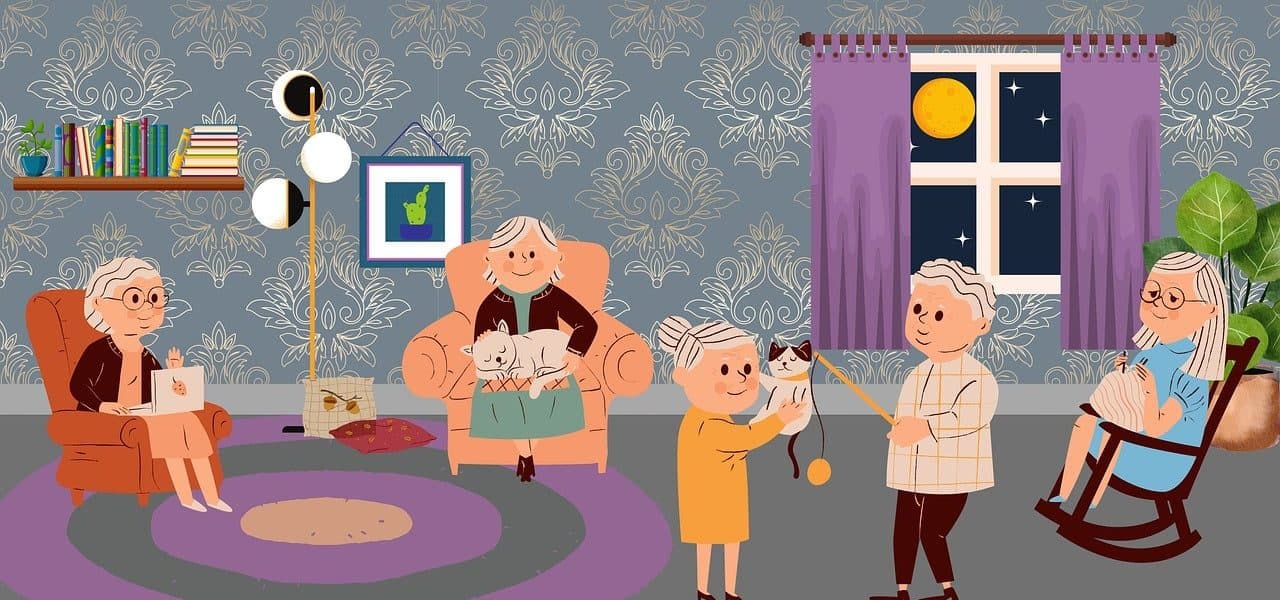
Asylum is the shelter or protection that is provided to someone.
Asylum is the protection , shelter or help that is provided to someone. From this meaning other meanings of the term emerge.
For example: "When my mother kicked me out of the home, my grandfather gave me asylum" , "Javier offered me asylum, but I think I will stay in Esteban's house" , "Hundreds of Syrian citizens requested asylum in the country since the resurgence of armed confrontations .
Generally speaking, we speak of asylum when the government of a country welcomes a person from another nation, from whom they escape since their life is at risk. By giving you asylum, the State that receives you undertakes to ensure your safety and provide you with assistance .
Types of asylum
If the individual flees his or her homeland due to religious, racial, cultural or sexual persecution , or if he or she emigrates due to a natural disaster or a situation of violence, it is called humanitarian asylum . The country that grants asylum must favor the integration of the refugee and assist them so that they can return to their place of origin when the scenario changes or to settle in a third country if they wish.
On the other hand, when an individual requests protection in a country so that he is not extradited since in his country he would be tried for facts linked to political activity, he requests political asylum .

A nursing home is an establishment where older adults who need attention and care live together.
Establishment that provides shelter
An establishment that provides shelter to individuals with some type of dependency (such as the elderly or disabled) is also known as an asylum: "Since my grandmother died, my grandfather has lived in a nursing home."
In this context, one of the most common concepts is the nursing home , which houses those elderly people who do not need the constant attention of a doctor, something they could receive in a hospital, but who cannot care for themselves or who do not have the help of a loved one to lead a normal and healthy life.
Since a large number of very different disorders and conditions can appear with aging, it is difficult to define all the services that a nursing home provides; Broadly speaking, we can say that the two large groups of clients are those who need to recover from medical treatment such as a surgical operation, and those who only seek basic day-to-day care.
Delving deeper into the various patient profiles , we can distinguish the following: convalescent from a disorder or an intervention; in rehabilitation due to an accident or pathological process; in a vegetative or terminal state; dependent due to a chronic pathology; with cognitive impairment; highly dependent due to dementia.
All this without mentioning the cases of people whose families intern them against their will for not wanting to take care of them. It may also happen that the elderly actively decide to enter a nursing home so as not to disturb their loved ones, or because they do not have someone to help them.
Organization of a nursing home
Regarding the organization of a nursing home, there are three basic models:
- Similar to a hospital : these are those that offer their patients medical care of various kinds, and that have nursing staff on each floor.
- Family : this type of nursing home has an operation that could be compared to that of a large family home, in which there is no great rigidity in routines, and the staff interacts with the residents in a closer and more spontaneous way.
- Mixed : nursing homes that combine the services of a hospital with a family environment. They normally require larger facilities than either of the previous two, and a larger budget to sustain themselves.
